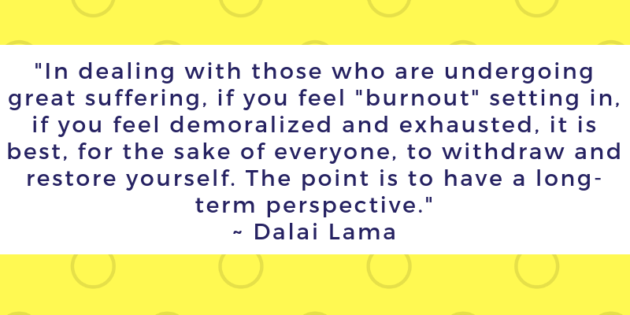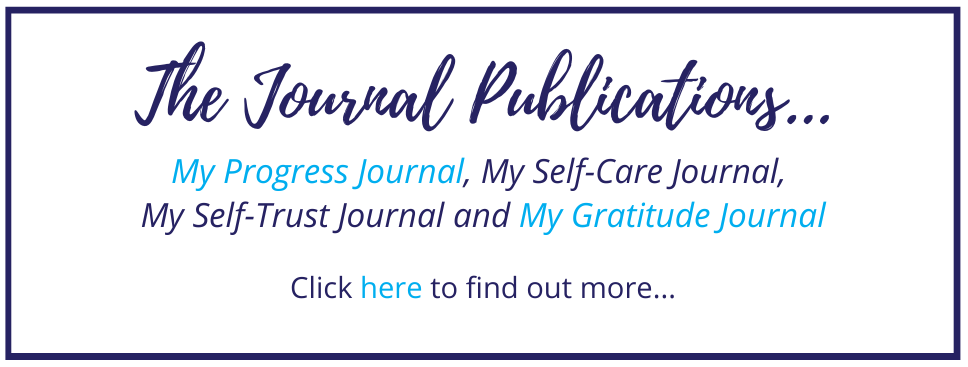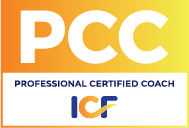If you have been a reader on my journal for a while, you know I have been burnt out (and not just once either!). I didn’t realise I was burnt out at the time, I was just trying to be the best person I could be (yes – I am a recovering perfectionist, professional tennis player and people pleaser).
During the past few weeks, this word has come back in to my world as people have been asking about it and how I dealt / continue to deal with it. As I only had my experience to go by, I wanted to research and see if there was anything out there according to science. I came across the following 12 phases of burnout from Herbert Freudenberger and Gail North in a Scientific American Journal.
12 Phases of Burnout
Following are the 12 phases of burnout the psychologists outline. As you are reading these phases, it is important to remember that this is not a linear process (i.e. you don’t go from one phase to the next), the amount of spend in each phase varies and you could be in a number of phases at the same time.
- A Compulsion to Prove Oneself – can start out as excessive ambition and wanting to prove their worth.
- Working Harder – work hard to demonstrate “irreplaceability”.
- Neglecting their Needs – their schedule leave no time for their self-care and looking after their essential needs (i.e. sleeping, catching up with friends and family etc.).
- Displacement of Conflicts – they know that something is not right, however do not know the solution. Physical symptoms start to emerge.
- Revision of Values – values are skewed and focus is solely on work. Self-worth comes from work.
- Denial of Emerging Problems – develop intolerance; perceiving colleagues as lazy, demanding, or undisciplined. Social contacts and relationships are harder. Cynicism and aggression start to emerge. Problems are caused by time pressure and work, not because of how they have changed.
- Withdrawal – social life is almost non-existent, start to feel like there is no hope and might release stress through alcohol or drugs.
- Obvious Behavioural Changes – friends and family start to notice behavioural changes and are concerned. Inwardly feeling worthless.
- Depersonalisation – see neither themselves or others as valuable. No longer perceive their own needs.
- Inner Emptiness – feeling empty inside. To overcome this looks for activity to fill the feeling (i.e. overeating, sex, alcohol, or drugs).
- Depression – feeling lost and unsure, exhausted and future feels bleak.
- Burnout Syndrome – time for full medical attention as can include total mental and physical collapse.
As you can see by the 12 phases of burnout, it starts with self-awareness. A good place to start developing self-awareness is by reflecting on your behaviour. If you have any questions, please comment below or on our Facebook page.
If you are ready to reclaim your courage and take the next step towards freedom and opening your heart, why not join our Toolkit?
Reference –
Kraft, U. (2006). Burned Out. Scientific American Journal, June/July 2006, 28-33.

















2 Comments
Dr.Fatima Abbasi
March 27, 2021Gained useful knowledge
Jane
March 27, 2021Glad you found it useful!
Leave A Response